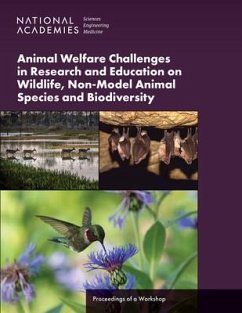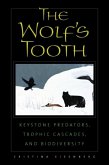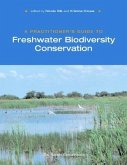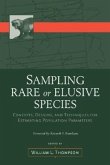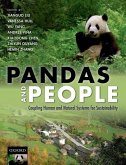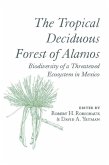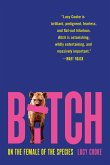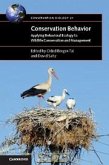Research to advance understanding of the ecology and biology of wildlife species is more important than ever as the world confronts issues ranging from biodiversity loss to the emergence of zoonotic diseases. However, the current understanding of animal welfare in research and education has been based on laboratory work with specific domesticated species. Wildlife research represents a starkly different context and with different implications for animal welfare. Wild species that are the subject of research have extremely diverse physiologies and behaviors and live in diverse habitats. This makes it challenging and sometimes impossible for wildlife researchers to follow the recommendations outlined in the Guide for the Care and Use of Laboratory Animals (NRC 2011) and other guidelines developed for a laboratory-based, biomedically focused research context. To explore issues associated with the unique welfare considerations of wildlife research, the National Academies of Sciences, Engineering, and Medicine (under the auspices of the Roundtable on Science and Animal Welfare in Laboratory Animal Use), hosted a workshop titled Discussing and Understanding Animal Welfare Challenges in Research and Education on Wildlife, Non-Model Animal Species, and Biodiversity on February 9-10, 2022. The event, held virtually, included pre-recorded presentations and overarching discussions to explore this topic in breadth and depth. More than 1,800 participants from academia, industry, government, and nonprofit organizations joined the webcast. This proceedings summarizes key topics covered in the workshop presentations and discussions based on transcripts, recordings, and slides from the event.
Hinweis: Dieser Artikel kann nur an eine deutsche Lieferadresse ausgeliefert werden.
Hinweis: Dieser Artikel kann nur an eine deutsche Lieferadresse ausgeliefert werden.

